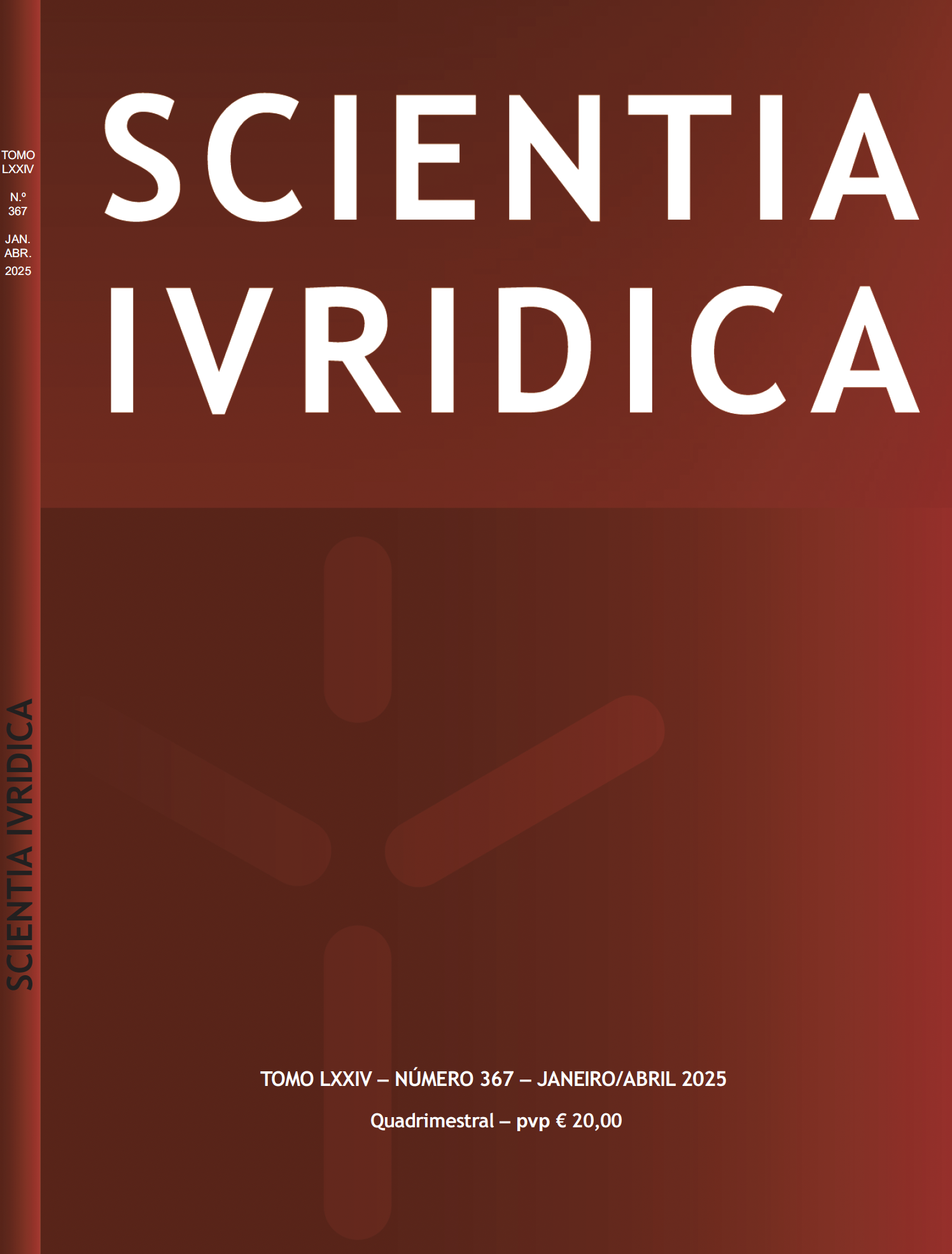A responsabilidade social das empresas: um olhar sobre a nova Diretiva CSDDD
DOI:
https://doi.org/10.21814/sj.6333Keywords:
Corporate Social Responsibility, CSDDD, Corporate Governance, Sustainability, Directors’ DutiesAbstract
Corporate Social Responsibility (CSR) and Corporate Governance, for a long time unknown to the legal framework that supported corporate action, have in recent years become the monopoly of corporate discourse, playing a fundamental role in their strategy and management. Although not trailblazing, this issue has gained prominence as a result of the awareness of
multiple economic agents of the impact that business organisations have on human rights and the environment. The new CSDDD - by obliging companies to identify, prevent and mitigate negative impacts that may result from their activity - represents an unavoidable milestone in the context of transnational corporate governance and an important political commitment made by the Member States of the European Union. This Directive gives rise to a binding legal obligation of due
diligence, reinforcing CSR and ensuring that good social and environmental practices are not rhetorical, but are controlled and monitored in a serious, responsible and transparent manner. Today, CSR is no longer an (ethical) option for business organisations, but a duty and a strategic necessity that must be part of corporate governance, otherwise corporate sustainability will be jeopardised.
This article reflects on the primary objective of commercial companies (making a profit), examining the perennial controversy surrounding their social interest (shareholder value vs. stakeholder value vs. enlightened social interest). The duties of directors and their civil liability are also analysed, and the business judgement rule, which protects business decisions made in a diligent and informed manner, is brought into the debate. Finally, the CSDDD legal regime is critically presented, reflecting on the impact of these obligations on the chain of activities, the (de)merit of their extraterritoriality, the effectiveness of the sanctions and tort law, the (possibly excessive?) regulatory effort and the advantages that may (or may not) be associated with it.
Downloads
Published
Issue
Section
License
Copyright (c) 2025 Leonor Maria Monteiro da Silva, Rafaela Ribeiro Silva

This work is licensed under a Creative Commons Attribution 4.0 International License.


